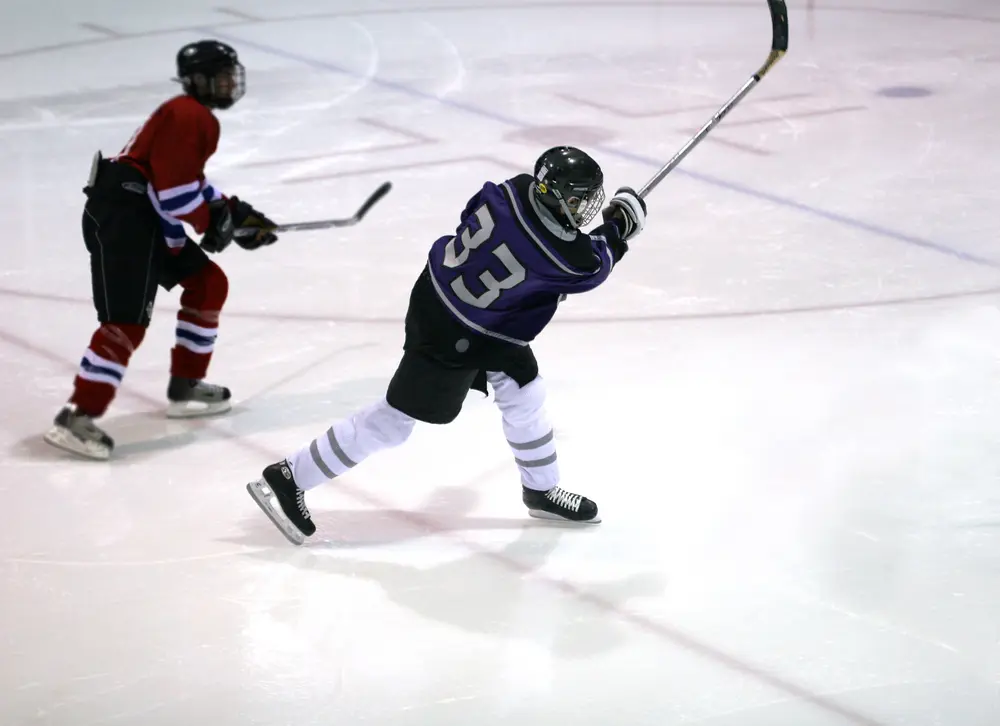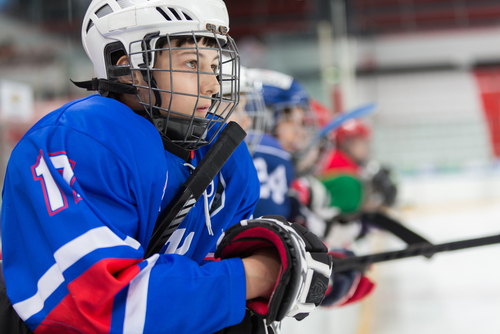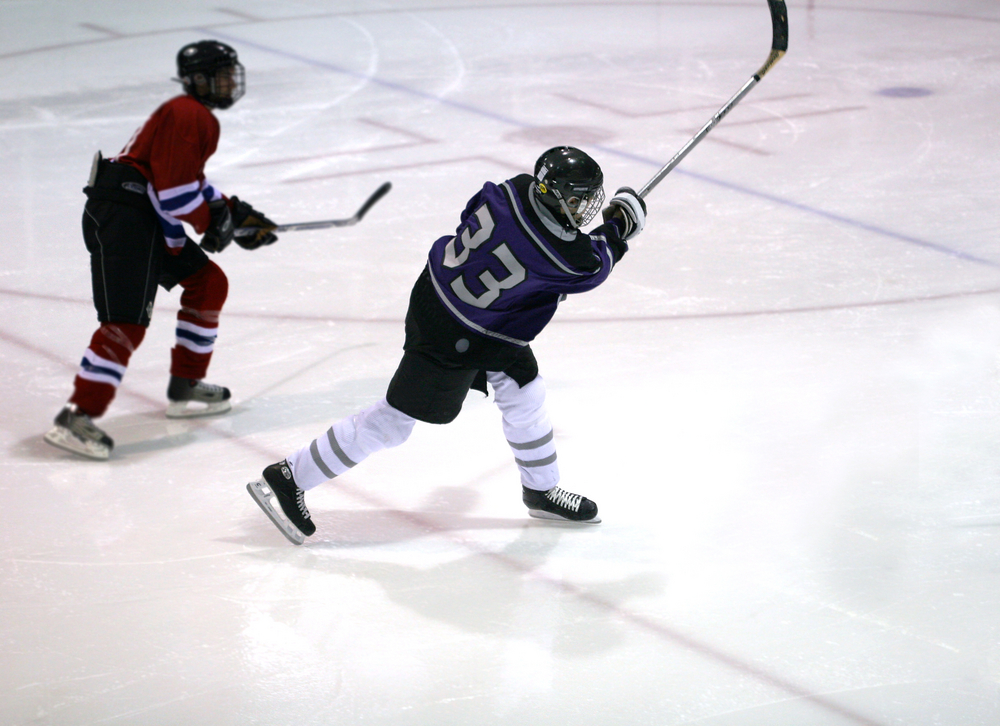
Nov 06, 2017 • 5 min read
5 Things That Should Be Part of Every Kid’s Hockey Experience
Posted in:
Because of my love of the game, I am the dedicated hockey guy at Active for Life, a nonprofit organization committed to helping parents raise happy, healthy, physically literate kids. I often write about improving the hockey experience for kids in youth sports. Recently, I got to witness what I write about firsthand, through my son’s youth hockey program.
 My 12-year old son was part of a group of about 100 players in his age group that tried out for the 2016 Alberta Winter Games. The goal was to make the team that will represent our zone at the Winter Games.
My 12-year old son was part of a group of about 100 players in his age group that tried out for the 2016 Alberta Winter Games. The goal was to make the team that will represent our zone at the Winter Games.
The kids were divided into six teams as part of the selection process, only 20 players are chosen out of the 100 who are evaluated. They then completed two skills sessions and two games over one weekend. The camp organized by Hockey Alberta was one of eight across the province. And it was different than anything else I’d experienced as a hockey dad.
The realization that this was a special hockey experience sank in during a conversation with another father on the last day of the camp. We both agreed that “this is how hockey should always be.”
We talked about what made it so positive and impactful. And from there, this list of what we believe should be part of every kid’s hockey experience was born:
1. Highly Active Skills-Based Practices
Each skill session combined two teams, so there were 36 players on the ice. But the practices were well planned, the number of kids was never an issue, and there was no standing around. The players were led through a series of high-paced and high-energy drills that developed their skills. By the end, the kids had been moving the whole time and improved their abilities. This is the perfect recipe for fun, and what every minor hockey coach should strive to deliver.
2. Appropriate Coaching During Games
Because the kids were trying out for a team, the coaches on the bench adjusted their attitude and behavior. The coaches were positive and enthusiastic; they encouraged the kids, but never over-coached them. This allowed the players to just play. None of the coaches shouted instructions or yelled at the referees. The result was that the game and the players were the center of attention. Finally, the coaches were instructed to “roll the lines.” That meant that every kid played the same amount of time.
3. Respectful Parents
There was a story going around among the parents that weekend that the kids of unruly parents would not make the team. I’m not sure if it’s true or not, but the story had an effect. The parents behaved in a respectful manner. Everyone applauded great efforts from both teams, no one screamed profanities, and no one verbally abused the referees.
In this case, the respectful behavior was related to accountability, founded or not. But it shows one thing: When the majority of parents share the same desire to be respectful, it changes the game. Everyone wins.
4. Intense Yet Respectful Hockey
 There were a lot of good players at this selection camp and the level of skills and execution was high. That was fun to watch. But what stood out was that every child played with great intensity and with respect. Some of the negative behaviors that are sometimes part of minor hockey were nowhere to be seen. There were no pile-ups, no trash talking, and no pushing or shoving.
There were a lot of good players at this selection camp and the level of skills and execution was high. That was fun to watch. But what stood out was that every child played with great intensity and with respect. Some of the negative behaviors that are sometimes part of minor hockey were nowhere to be seen. There were no pile-ups, no trash talking, and no pushing or shoving.
Because no one was screaming at them, or maybe because they were sure of getting their ice time even if they made a mistake, or perhaps even because it was simply fun to play hockey as it was intended, the true winners were the kids.
The result was an intense and fast display of amazing skills.
5. Kids Playing All Out
On the long drive home, my son and I chatted about the experience. I told him that I thought this was how hockey should always be. He remained quiet for a long time, just listening to the music on the radio.
After a while, he asked me why I thought that, I gave a pause and said, “It was just kids playing all out,” I answered. “Having fun. No one was angry or screaming. It was just hockey.”
He remained quiet for a little longer. “Yeah, just like when we play outside,” he finally said with a smile. It was a great weekend.
Richard Monette is the publisher and editor-in-chief of Active for Life, a nonprofit organization committed to helping parents raise happy, healthy, physically literate kids. For more articles like this one, please visit ActiveforLife.com.
Check out the practice plans Hockey Alberta used during their training sessions:
